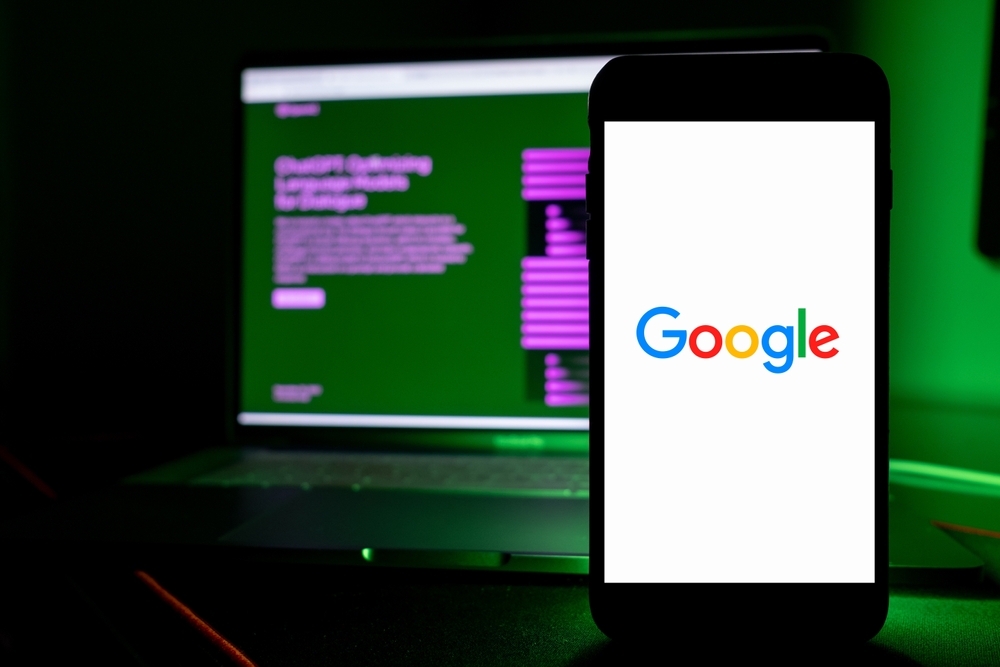Natural language processing (NLP) has seen tremendous advancements in recent years. One of its most notable achievements is the development of ChatGPT, a large language model created by OpenAI. On the other hand, Google Search has long been the dominant player in the search engine market. But could ChatGPT eventually overtake Google Search as the primary means of searching the internet? We will here explore the advantages of ChatGPT over Google Search, the limitations of Google Search, the current state of both technologies, and potential future developments in ChatGPT.
Advantages of Chat GPT Over Google Search
Advanced Natural Language Processing
One of the critical advantages of ChatGPT is its advanced natural language processing capabilities. Unlike Google Search, which relies heavily on keywords, ChatGPT can understand the context and intent behind a user’s query. This allows for more accurate and nuanced search results.
Custom Search Results
Another advantage of ChatGPT is its ability to personalize and customize results for each user. ChatGPT can provide more relevant and valuable information by learning from a user’s previous interactions. In contrast, Google Search relies on a one-size-fits-all approach, providing the same results for all users regardless of their unique needs or preferences.
Simplicity and Ease of Use
ChatGPT is known for its simplicity and ease of use. The model can understand and respond to natural language queries, making it more intuitive for users than Google Search’s keyword-based system.
Limitations of Google Search
Despite its dominance in the search engine market, Google Search has several limitations. One such limitation is its limited understanding of context and intent. Google Search’s reliance on keywords means that it can often struggle to understand the user’s true intent behind a query, leading to less accurate results.
Another limitation of Google Search is its lack of personalization. As mentioned earlier, Google Search provides the same results for all users regardless of their unique needs or preferences. This can lead to users feeling overwhelmed by irrelevant information and struggling to find what they genuinely want.
Current State of ChatGPT and Google Search
ChatGPT is still in its early stages of development, and its capabilities are primarily used in industries such as customer service and language translation. However, its advanced natural language processing capabilities have the potential to revolutionize the search engine industry.
On the other hand, Google Search currently holds a dominant market share in the search engine industry. However, the search engine giant faces increasing competition from other players, such as Bing and DuckDuckGo, who want to capitalize on Google’s limitations.
Potential Future Developments in ChatGPT
As advancements in natural language processing continue to evolve, ChatGPT’s capabilities will likely improve. For example, the model could be integrated with voice assistants, making searching even more intuitive and user-friendly.
ChatGPT’s natural language processing capabilities could also be utilized in industries beyond search. For example, the model could improve customer service interactions, allowing more efficient and accurate responses to customer queries.
While Google Search currently holds a dominant market share in the search engine industry, ChatGPT has the potential to overtake it as the primary means of searching the internet. Its advanced natural language processing capabilities, personalization, and ease of use make it a strong contender in the search engine market.
Moreover, potential future developments in ChatGPT, such as integration with other technologies and increased use in industries beyond search, will further solidify its position in the market. However, it’s worth noting that the search engine industry is constantly evolving, and it remains to be seen how ChatGPT will fare in the long run.
In any case, the advancements in NLP and the development of models like ChatGPT can revolutionize how we search and interact with information on the internet. It could lead to more accurate, relevant, personalized results and a seamless user experience. As the technology continues to evolve, it will be interesting to see how ChatGPT and other NLP-based models will shape the future of search and how it will impact our daily lives.

